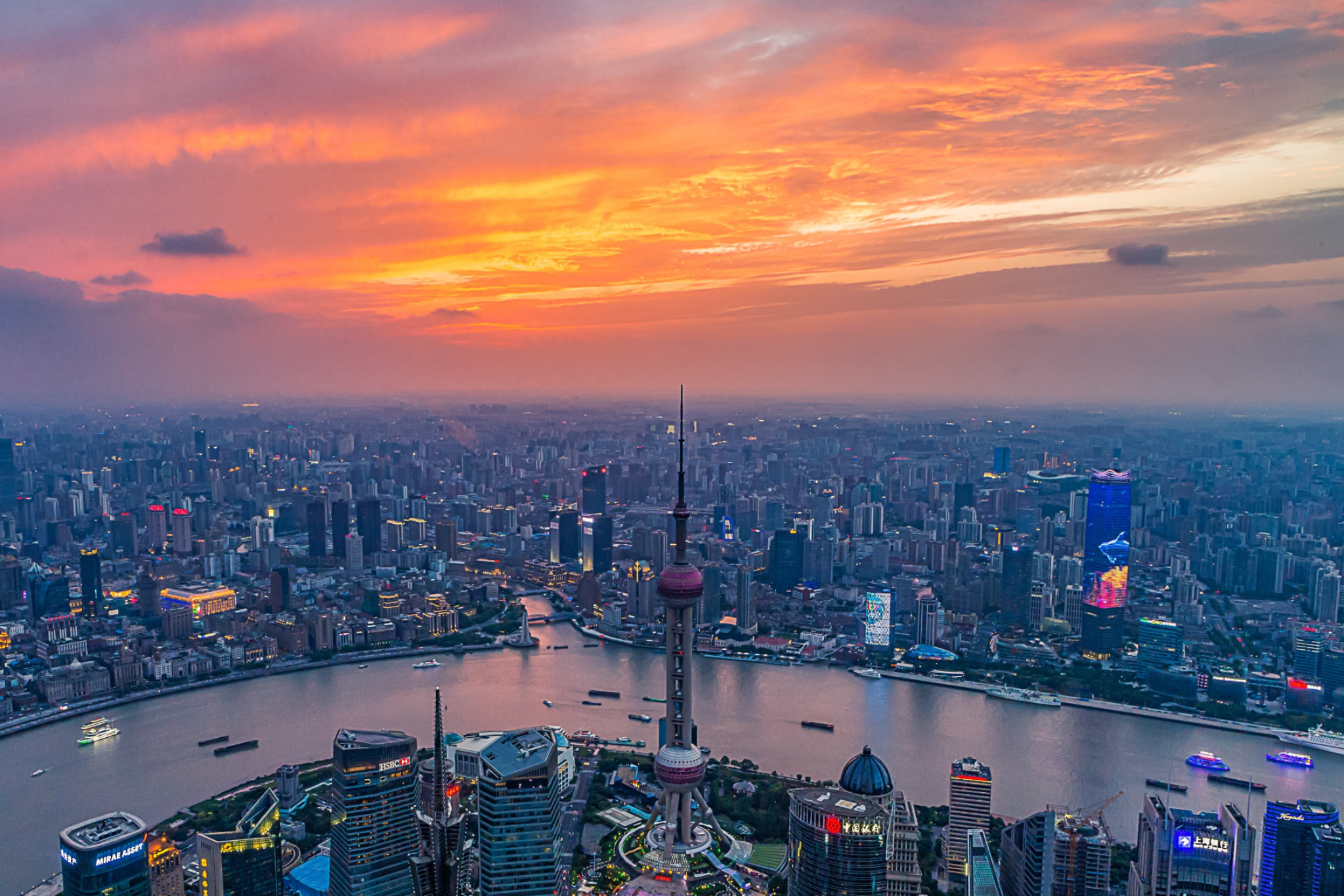Political Power Shifts Reshape Global Trade
Advertisements
The global economy has entered a new phase, characterized by deep shifts in political dynamics and transformations in economic governance. This transition reflects a broader reconfiguration of international power relations, especially evident in the evolving world trade system. As nations navigate through complex geopolitical landscapes, understanding the interplay of global political power and economic structures becomes increasingly crucial. In an era where protectionism and "decoupling" trends are gaining traction, it is imperative to grasp the structural shaping of global trade and the dynamics of economic globalization alongside regional trading systems. This awareness aids in comprehending the realities of power transitions within the world economy and the contestations among nations in the realm of international politics.
Historically, the dynamics of power transfer between states have profoundly influenced global governance. Kenneth Organski, a political scientist at the University of Michigan, presented the "Power Transition Theory" in his 1958 work "World Politics," proposing that shifts in national power lead to consequential changes in international systems. Today, pivotal players like the United States, often referred to as the "dominant power," are increasingly confronted by rising nations such as China and Brazil. The complexities of global issues, coupled with an intricate web of national interests, have resulted in a fragmentation of international political power, causing significant fractures in global economic structures and trade flows.

A glaring illustration of this shift can be observed in the variances within domestic economies of the Western nations. Issues like financial instability, high unemployment rates, and climate change have stressed the internal coherence of these regions, subsequently affecting their global influence. For instance, the financial crises and trade wars have catalyzed discord between the U.S. and China, complicating interactions among major powers and reorienting global trade dynamics. As the U.S. engages in economic protectionism and promotes policies focusing on "ally trade," it reshapes international commerce based on ideological alignment. This strategy, however, has prompted emerging powers to reconsider their dependencies on the dollar-centric financial system, fostering aspirations for greater autonomy.
The World Trade Organization (WTO) has faced mounting challenges as the multilateral trading framework struggles to address the needs of modern economies. The existing global trading rules, wrought from historical contingencies, are ill-equipped to cope with the rapid advances in technology affecting global transactions, such as digital currencies redefining traditional financial interactions. Emerging economic powers are advocating for reforms that recognize their aspirations and rectify the entrenched inequities in global trade governance.
Interestingly, a visible trend towards the "de-dollarization" of international reserves has emerged as some countries strive to reduce their reliance on the U.S. dollar. Recent developments, such as bilateral trade agreements utilizing local currencies, highlight a concerted effort to establish alternative systems for international trade settlements. Innovations like the BRICS countries' discussions on trade in national currencies further underscore the shifting paradigms of global finance. With countries amplifying their foreign exchange reserves and diversifying their currency portfolios, the future of global monetary relations beckons new configurations that are less dollar-dependent.
America's hegemonic power stems from its dominant position within the international order, characterized by a sophisticated financial market, an expansive military presence, and a web of alliances. This multilateral engagement, while consolidated around shared liberal values with allies, faces challenges from rivalries posed by rising nations. Current tensions exemplified by trade disputes are indicative of a deeper struggle for leverage in shaping international economic norms, where the United States contemplates a shift towards a partnership model that diverges from the multilateralism espoused historically.
As the global economic landscape transforms, existing alliances are being reassessed and redefined. Nations across varying levels of development are institutionally questioning the egalitarian nature of trade rules designed primarily by Western powers. The establishment of institutions such as the Asian Infrastructure Investment Bank and regional cooperation mechanisms strengthens these nations' voices, fostering a narrative that calls for a more equitable global economic regime.
Amidst this shifting terrain, the primary challenge remains the need for a coherent approach to reform the multilayered governance of international trade and economic relations. The globalization process, while generating extensive opportunities, has also given rise to numerous challenges that necessitate collective global governance efforts more aligned with existing realities in power distribution and economic interests.
Moreover, the emergence of new players in international relations—non-state actors and international coalitions—has altered traditional paradigms of power and governance. As nation-states collaborate or compete with international organizations, a myriad of formal and informal structures influences global economic systems. Notably, mechanisms such as G20 serve as crucial platforms for multilateral discussions, indicative of a growing recognition of interdependence in tackling global challenges.
In conclusion, the evolving global landscape requires a nuanced understanding of the complex interactions within international power structures and the implications for economic governance. Rising nations like China recognize the need for a just global economic order and are taking proactive roles in reforming the international system. Adopting a cooperative agenda anchored in sustainable development is essential for fostering stable and equitable relationships among nations. As the world navigates this transformative phase, reinforcing constructive dialogue and partnerships among diverse states will be pivotal in achieving a harmonious global future.
post your comment